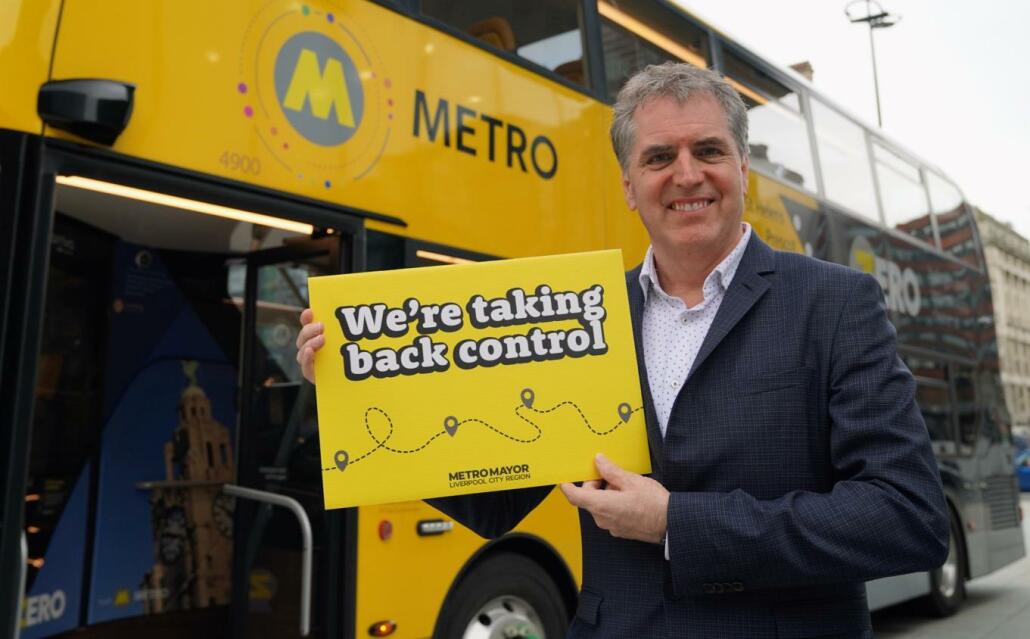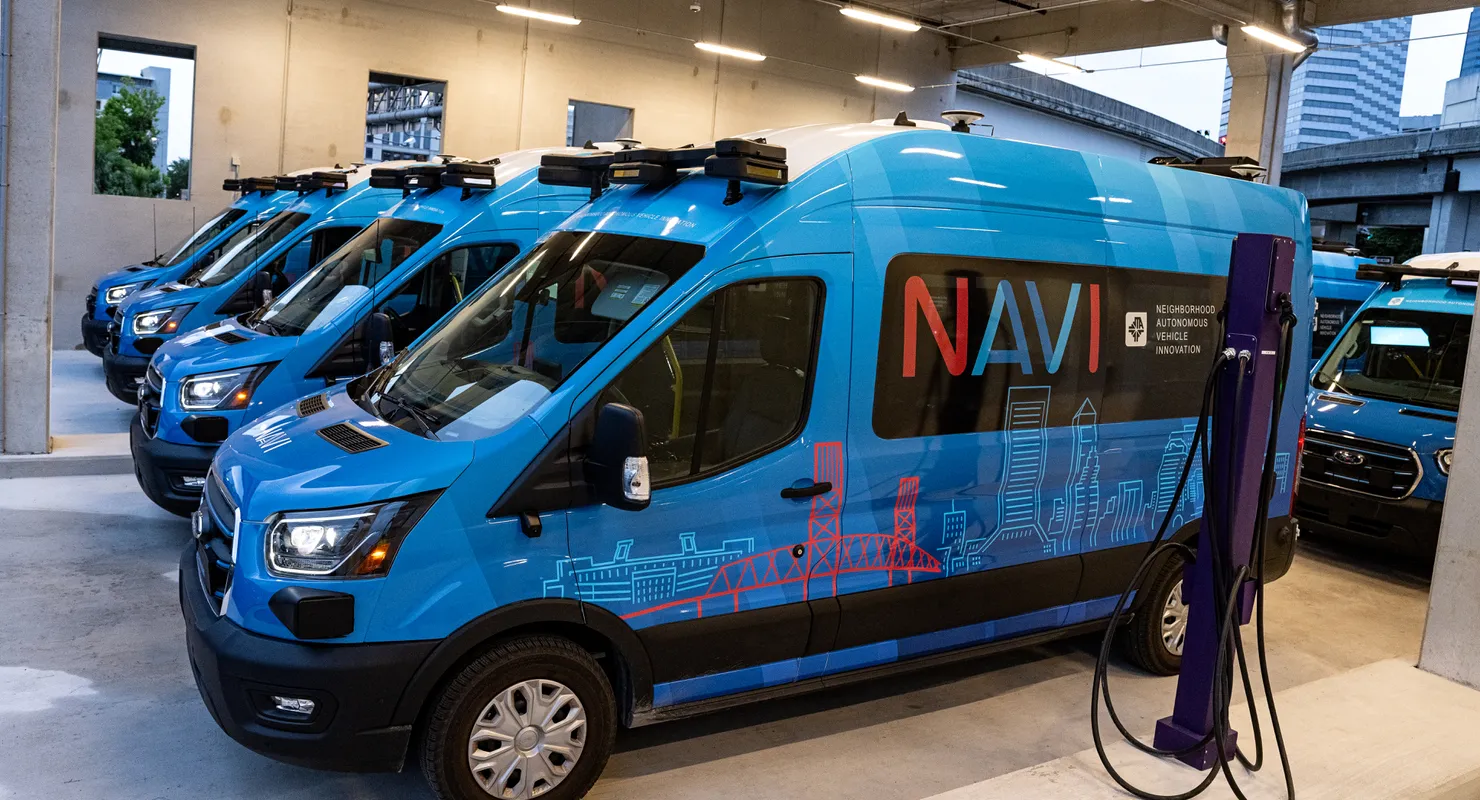
Liverpool to revamp bus network with public control
04 March 2025
by William Thorpe
The Liverpool City Region is set to introduce the first publicly-run bus network in nearly 40 years, following a new report detailing plans for major improvements to local transport.
The plans, which include more frequent services, better rail connections, and new express airport links, are designed to enhance accessibility and service delivery for passengers across the region.
The move was first reported in Cities Today last year, which highlighted the region’s intention to bring buses back under public control for the first time since 1986.
Steve Rotheram, Mayor of Liverpool City Region, has fast-tracked the roll-out of a bus franchising system, allowing public authorities to control bus routes, fares, and timetables, aiming to prioritise passengers over private profit. The new system, originally scheduled for completion in 2028, will now be implemented by 2027, a year ahead of schedule.
“This isn’t just about getting from A to B – it’s about transforming how people move around our city region, cutting congestion, improving air quality, and building a transport system that is cleaner, greener, and fit for the future,” Rotheram said. “Reliable, regular, and affordable buses are the backbone of a great public transport system. They connect people to work, education, and each other – but for too long, our services have been run in the interests of private operators, not passengers.”
The transition to public control will begin in St Helens in 2026, followed by Wirral, and will extend across all six boroughs by the end of 2027. Among the changes passengers can expect from day one are increased bus frequency, extended routes, and better links to key locations, including hospitals and railway stations.
A new express service connecting St Helens to Liverpool John Lennon Airport is also planned, with further enhancements under consideration as the rollout progresses.
A £119 million investment has been earmarked to support the transition, with funding allocated to new buses, depots, and infrastructure improvements. This includes the procurement of new all-electric double-decker buses as part of the region’s commitment to achieving net-zero carbon emissions by 2035.
“Through bold, decisive action, we’re putting the public back into public transport – and making buses a first choice, not a last resort,” Rotheram added.
The move to a publicly controlled bus network is a significant part of Rotheram’s vision to create a fully integrated, London-style public transport system. The scheme is backed by public support, with nearly 70 percent of the region’s residents in favour of bringing buses back under public control.
Liverpool will become the second city region in England to retake control of buses following Greater Manchester’s Bee Network launch in 2023.
Image: Liverpool City Region






